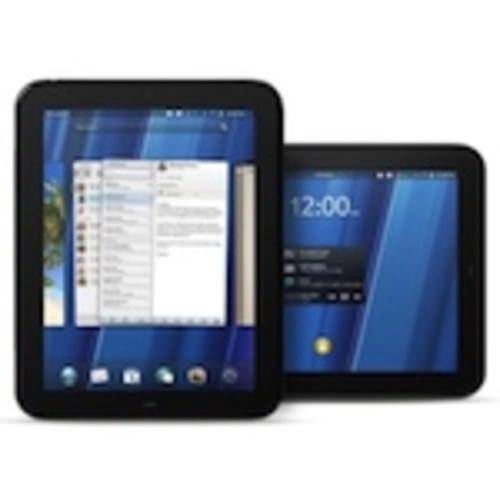Hewlett-Packard released its quarterly earning statement today and tucked in the middle of the press release was a little bombshell: “HP reported that it plans to announce that it will discontinue operations for webOS devices, specifically the TouchPad and webOS phones. HP will continue to explore options to optimize the value of webOS software going forward.”

As they say, another one bites the dust. Or does it?
HP is getting out of the mobile hardware business. This comes a week after Nokia said that it would discontinue Symbian phones in the U.S. In reality this does not change the U.S. (or global) mobile ecosystem at all. WebOS had almost no market share despite the fact that it is a well-made operating system from a once popular mobile vendor. Palm could not support it and HP cannot market it. News surfaced yesterday that Best Buy has 250,000 HP TouchPads (the tablet based on webOS) sitting in stock that it cannot get rid of. Yet, what exactly does it mean for HP to “continue to explore options to optimize the value of webOS software going forward”?
Yesterday we wrote about this very issue and the opportunities that HP has with webOS. This may seem like a blow to the operating system since HP bought Palm for $1.2 billion ostensibly to make webOS devices, but it may be a blessing in disguise.
HP wants (or wanted) to put webOS on to computers. In theory, this was to help support the mobile hardware division. Yet, the real play for HP with webOS is in cloud functionality. Just because HP is not making hardware anymore does not mean that they are just going to throw away their billion-dollar investment. HP can support webOS in the same way that Google supports Android – as a platform provider and application evangelist. Freeing the hardware from HP means that webOS will probably be offered as a licensed operating system to any original equipment manufacturers.
So, the idea is that by giving up webOS, we will theoretically be able to see more of webOS on actual devices if HP licenses it to the likes of HTC, Samsung, LG and others (and they decide to actually produce viable handsets). Ben Bajarin of Creative Strategies has been calling for HP to license webOS and get out of the mobile hardware business all summer. It looks like he might get his wish.
With the Motorola/Google partnership (and the impact that could have on the Android ecosystem) and the dismal sales of the TouchPad, this is precisely the move that HP should be making at precisely the right time.
HP’s decision to get out of the hardware business (which looks like it could include PCs as well) would be a significant evolution for the company. It can license webOS and help create an ecosystem around it while providing cloud support, infrastructure and software. As one ReadWriteWeb staffer put it, “Looks like (CEO Leo) Apotheker is making HP into SAP II.” SAP is a software and infrastructure supplier to the enterprise and does quite well. HP has more resources than SAP and it has one big chip in webOS, if it ever figures out what it really wants to do with it.

















